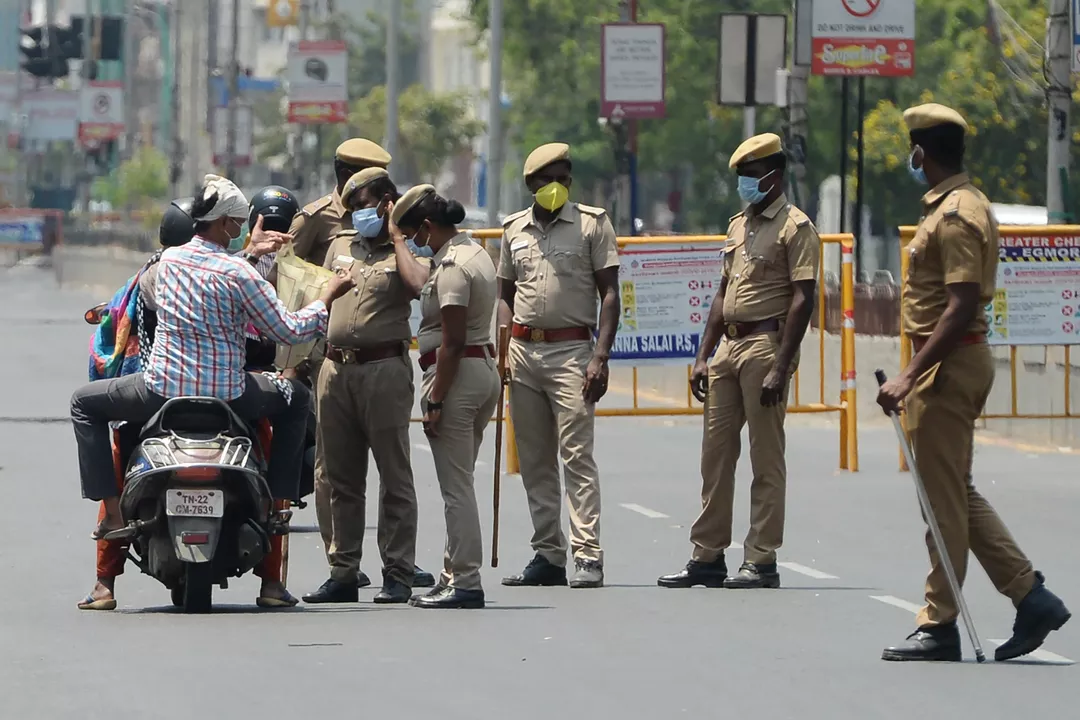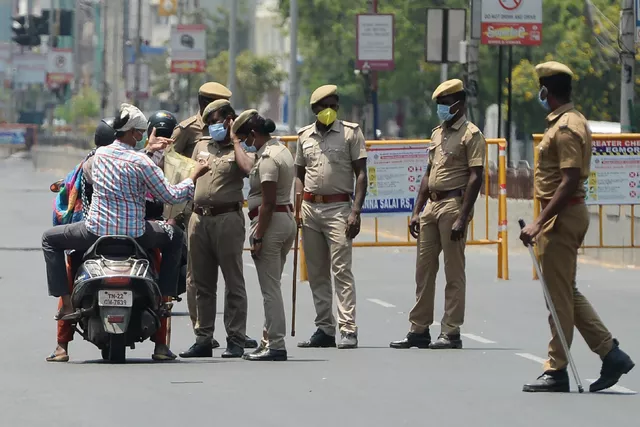Introduction: Perception vs. Reality
India, a country that is as diverse as it is vast, has always been a topic of discussion when it comes to safety. Some people believe that India is a safe haven, while others might think it is a dangerous place to live. As a blogger who has lived in India for most of my life, I believe it is essential to differentiate between perception and reality when it comes to safety in India. In this article, I will discuss various aspects of safety in India and provide a balanced view of the situation.
Understanding the Crime Rate
When talking about safety in India, it is crucial to look at the crime rate. According to the National Crime Records Bureau (NCRB), India's crime rate has been steadily decreasing over the years. However, it is essential to note that crime rates vary across different regions and states. Some states have higher crime rates, while others have lower rates. It is essential to research and understand the crime rates in the area you plan to live in to make an informed decision about your safety.
Women's Safety: A Growing Concern
Women's safety is a significant concern in India. The number of crimes against women, such as sexual harassment and assault, has been on the rise. The government and various NGOs have been working on improving women's safety by implementing stricter laws and running awareness campaigns. Women in India should be cautious when traveling alone or at night, and it is crucial to learn about the safety measures one can take to protect themselves. However, it is essential to bear in mind that the situation varies across different regions and cities.
Public Transportation: Navigating with Caution
Public transportation in India is generally safe, but it is essential to be cautious and vigilant while using it. Pickpocketing and theft are common in crowded areas, and it is crucial to keep your belongings safe. Women should be cautious while traveling alone on public transport, especially at night, and opt for women-only compartments in trains and metros when available. It is always a good idea to use trusted transportation services like Ola and Uber for added safety and convenience.
Healthcare and Medical Facilities
India has a wide range of healthcare facilities, from world-class hospitals to local clinics. However, the quality of healthcare varies across different regions. Urban areas generally have better medical facilities than rural areas. It is essential to have health insurance and be aware of the nearest hospitals and clinics in case of a medical emergency. Also, it is crucial to take appropriate precautions against common illnesses and maintain good hygiene practices to ensure your health and safety.
Natural Disasters: Be Prepared
India is prone to several natural disasters, such as floods, earthquakes, and cyclones. It is essential to be aware of the potential risks in the area you live in and take necessary precautions. Ensure that your home is built to withstand natural disasters and have an emergency plan in place. Stay informed about weather updates and follow any safety guidelines issued by the government during such situations.
Political Stability and Civil Unrest
India is a democratic country, and political stability is generally maintained. However, instances of civil unrest and protests can occur due to various reasons. It is essential to stay informed about the local political situation and avoid areas with ongoing protests or unrest. Follow the news and adhere to any safety guidelines or curfews issued by the government during such situations to ensure your safety.
Travel Safety: Exploring India Responsibly
India is a popular travel destination, and millions of tourists visit the country every year. While traveling in India, it is essential to be cautious and follow safety guidelines. Ensure that you have proper travel insurance and keep your belongings safe. When exploring unfamiliar areas, it is a good idea to hire a local guide or join a group tour. Be cautious while trying street food and follow basic hygiene practices to avoid getting sick. Lastly, respect local customs and traditions to ensure a safe and enjoyable travel experience in India.
Online Safety: Protecting Yourself in the Digital Age
With the increasing use of the internet in India, online safety has become a significant concern. It is essential to protect yourself from cybercrimes such as identity theft, online scams, and phishing attacks. Keep your personal information secure, use strong and unique passwords for your online accounts, and be cautious while sharing information on social media. Also, ensure that your devices have updated antivirus software and follow best practices for online safety.
Conclusion: Is India a Safe Country to Live?
In conclusion, the answer to the question, "Is India a safe country to live?" depends on various factors such as the region, the individual's lifestyle, and their awareness of safety measures. While there are undoubtedly safety concerns in India, it is essential to remember that these concerns exist in every country across the world. By staying informed, being cautious, and following safety guidelines, one can lead a safe and fulfilling life in India. Ultimately, the safety of an individual in any country depends on their actions and the choices they make.





